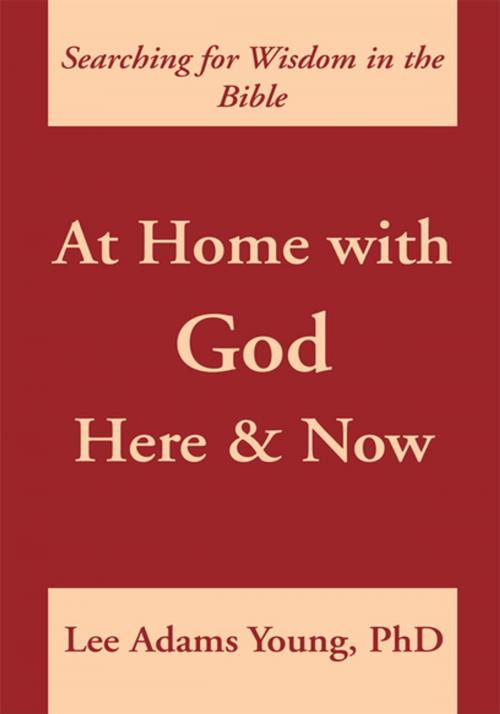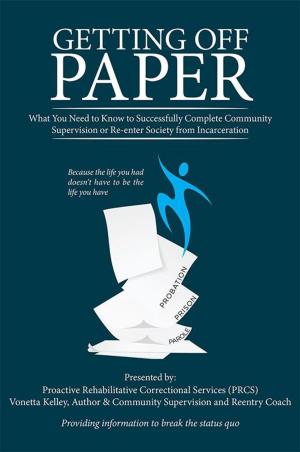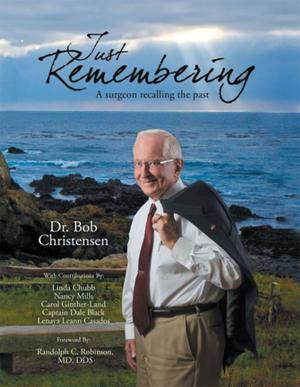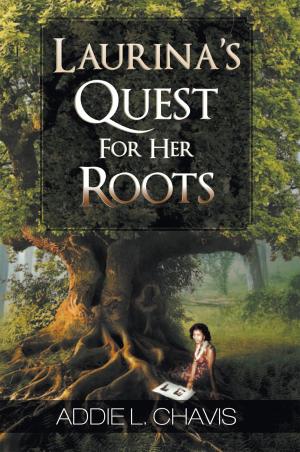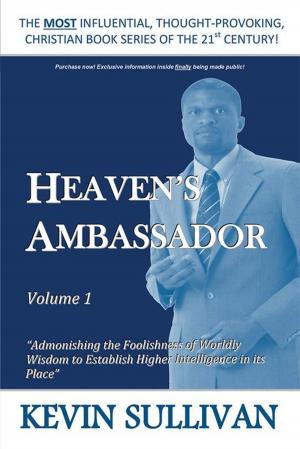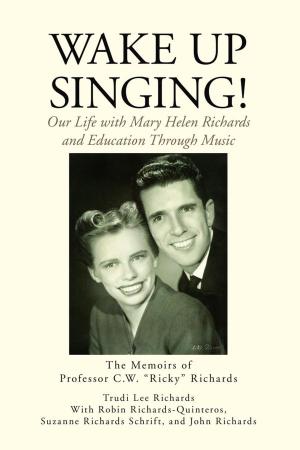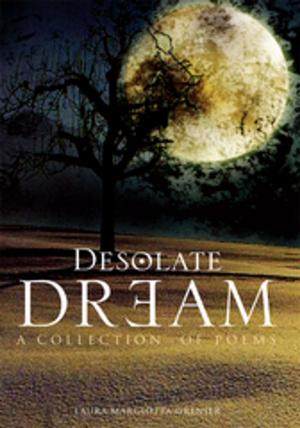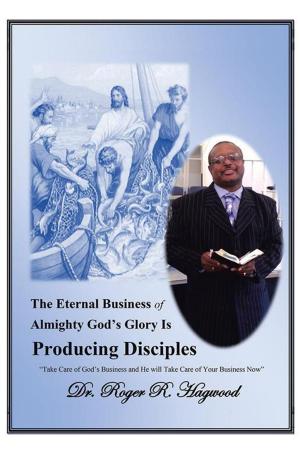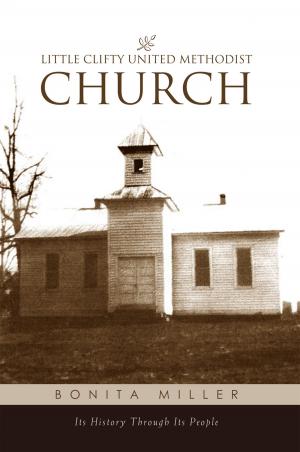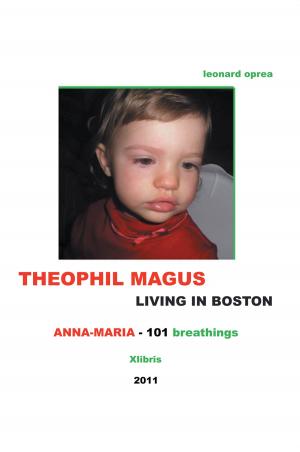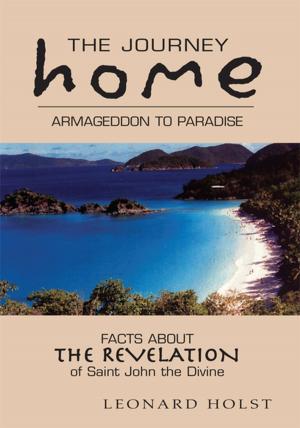| Author: | Lee Adams Young | ISBN: | 9781469109404 |
| Publisher: | Xlibris US | Publication: | May 25, 2000 |
| Imprint: | Xlibris US | Language: | English |
| Author: | Lee Adams Young |
| ISBN: | 9781469109404 |
| Publisher: | Xlibris US |
| Publication: | May 25, 2000 |
| Imprint: | Xlibris US |
| Language: | English |
From biblical times through the Middle Ages and the Reformation, the Christian religion enjoyed a sturdy belief in God, consistent with human knowledge of the universe. But modern science then introduced a new picture of this world, at odds not only with the old world picture but with the miracle-working God of ancient Scripture.
Of the many different responses to this conflict, three stand out:i) To deny the religious view of God and the world; orii) To deny many solid findings of generations of scientists concerning the evolution of stars, the Earth, and life; oriii) To deny little, yet to affirm little in religionto repeat ancient rituals without serious conviction.
Lee Adams Young, a physicist and Bible scholar, claims to replace this chaos with an orderly view of God and the worldin only 437 pages! He makes three main points:
- The Bible consistently but falsely split the world into two separate realms: Heaven and Earth. God rarelyor neverleft his celestial throne room to visit the Earth. The steeples of traditional churches pointed toward this Sky God, and the Lord's Prayer still speaks of a Father in Heaven.
The result has been a disconnect between God and the believera chasm bridged only by armies of angels and other intermediaries, or via long-distance calls.
The solution, according to At Home with God: Here and Now, is to proclaim (as does science) that there is only one realm of reality. God should be seen as dwelling in this world, says Youngindeed, within each of us, available for direct communication and personal support. Prayer should take the form of face-to-face communication with a person no farther away than the other end of a park bench.
- The Bible consistently and correctly insists upon the inseparability of the human body and soul. So does Aristotle, and the latest Catholic Catechism. Alas, in postbiblical times many Jews and Christians have come to believe that at death the human soul could detach itself from the body and ascend to Heaven.
Young responds as follows:
a. If there is no Heaven, the latter step has no meaning. We are face to face with God now in this life. Because we already live in a sacred world, one need not die in order to reach the divine.
b. The notion of a soul that can function independently of bodily support goes against ancient and modern awareness of the influence of bodily conditions on thinking and memory.
c. Near-death experiences (NDEs) are reports from the living, not from those who died. Medical research shows that NDEs are triggered, not by the objective peril of death, but by the subjective fear of death.
d. Human faith in an afterlife can blunt the human need to put interpersonal relationships in order in this life. We must mend our personal fences nowthere is no second chance, as the Hebrew Bible says.
- The God depicted in Young's book is entirely consistent with modern science. That God is seen as the essential governor of nature, whose regularities people depend on and science describes.
This book is recommended to all who seek a religious faith based on reality, not makebelieve; a faith grounded in ancient wisdom yet believable in this modern age.
From biblical times through the Middle Ages and the Reformation, the Christian religion enjoyed a sturdy belief in God, consistent with human knowledge of the universe. But modern science then introduced a new picture of this world, at odds not only with the old world picture but with the miracle-working God of ancient Scripture.
Of the many different responses to this conflict, three stand out:i) To deny the religious view of God and the world; orii) To deny many solid findings of generations of scientists concerning the evolution of stars, the Earth, and life; oriii) To deny little, yet to affirm little in religionto repeat ancient rituals without serious conviction.
Lee Adams Young, a physicist and Bible scholar, claims to replace this chaos with an orderly view of God and the worldin only 437 pages! He makes three main points:
- The Bible consistently but falsely split the world into two separate realms: Heaven and Earth. God rarelyor neverleft his celestial throne room to visit the Earth. The steeples of traditional churches pointed toward this Sky God, and the Lord's Prayer still speaks of a Father in Heaven.
The result has been a disconnect between God and the believera chasm bridged only by armies of angels and other intermediaries, or via long-distance calls.
The solution, according to At Home with God: Here and Now, is to proclaim (as does science) that there is only one realm of reality. God should be seen as dwelling in this world, says Youngindeed, within each of us, available for direct communication and personal support. Prayer should take the form of face-to-face communication with a person no farther away than the other end of a park bench.
- The Bible consistently and correctly insists upon the inseparability of the human body and soul. So does Aristotle, and the latest Catholic Catechism. Alas, in postbiblical times many Jews and Christians have come to believe that at death the human soul could detach itself from the body and ascend to Heaven.
Young responds as follows:
a. If there is no Heaven, the latter step has no meaning. We are face to face with God now in this life. Because we already live in a sacred world, one need not die in order to reach the divine.
b. The notion of a soul that can function independently of bodily support goes against ancient and modern awareness of the influence of bodily conditions on thinking and memory.
c. Near-death experiences (NDEs) are reports from the living, not from those who died. Medical research shows that NDEs are triggered, not by the objective peril of death, but by the subjective fear of death.
d. Human faith in an afterlife can blunt the human need to put interpersonal relationships in order in this life. We must mend our personal fences nowthere is no second chance, as the Hebrew Bible says.
- The God depicted in Young's book is entirely consistent with modern science. That God is seen as the essential governor of nature, whose regularities people depend on and science describes.
This book is recommended to all who seek a religious faith based on reality, not makebelieve; a faith grounded in ancient wisdom yet believable in this modern age.
